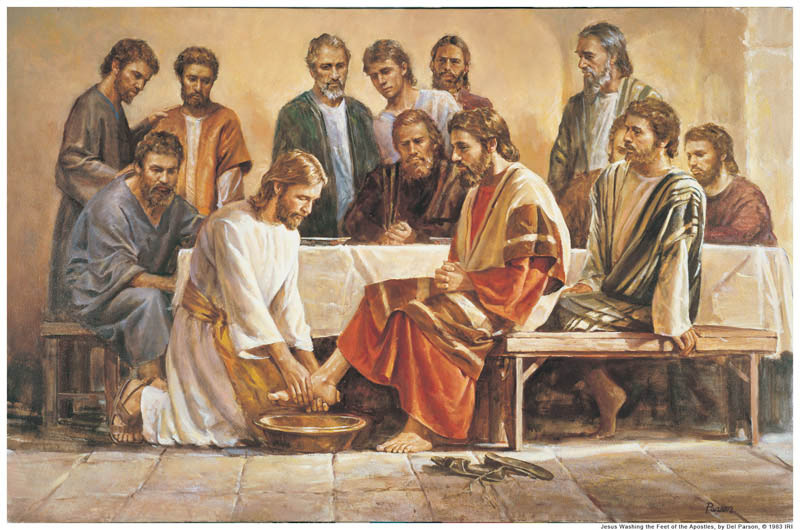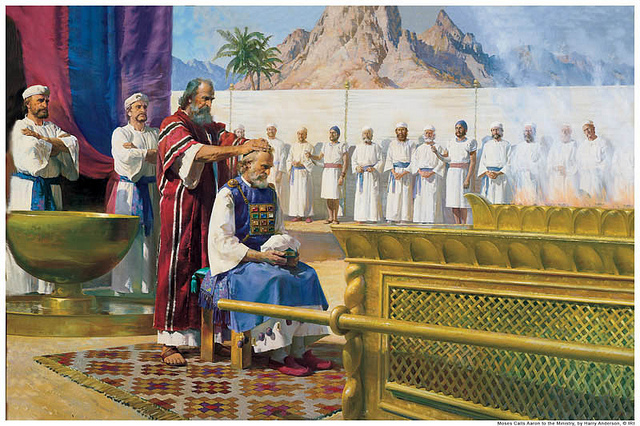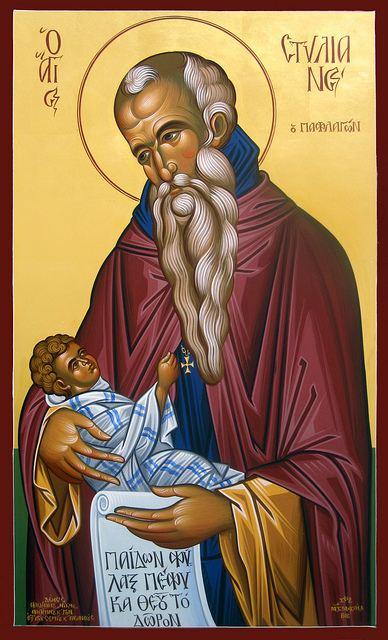What are the stories we tell about ourselves? The saying, “The sun never sets on the British Empire” was true as recently as 1937 when Britain did, in fact, still have possessions in each of the world’s 24 time zones. It’s widely known that Britain conquered and ruled much of the world for a number of years, but what I hadn’t heard until recently is any theories about what made them believe they could do it.

For the first 1000 years after Christ, Greece and Rome were the only nations telling stories of heroes and champions. Britain was just a little island of rejects, castoffs and losers. So what inspired it to rise up and take over the world?
One theory is that it was all down to a simple Welsh monk named Geoffrey – who assembled a history of England that gave his people a grand and glorious pedigree and hoped to instil in them a sense of pride. Published in 1136, Geoffrey’s “History of the Kings of Britain,” was a detailed, written account of the deeds of the people of Britain for each of the 17 centuries prior to 689 AD… and not a single word of it was true. Yet in creating Merlyn, Guinevere, Arthur and the Knights of the Round Table from the fabric of his imagination, so the theory goes, Geoffrey of Monmouth convinced that then sad little island of rejects, castoffs and losers to see themselves as a just and magnificent nation.
What are the stories we tell ourselves now?
And because they began to see themselves that way in their minds, they soon began seeing themselves that way in the mirror. And without the revolutionary destruction of the two world wars, when a hybrid of industry and war produced such cataclysmic results, and shook their faith in everything to its roots, Britain might have an empire still.
So what are the stories we tell ourselves now?
Philip Pulman’s brilliant His Dark Materials trilogy ends with the words of its heroine Lyra ‘and then we’ll build…The republic of heaven.’ Lyra’s words come from her experience and suffering; she believes that human beings must and can learn to live wisely and unselfishly and build worlds that help others to do the same.
Even if you’ve not read Pullman, you’ll probably know that Lyra’s vision has no place for God in it: the trilogy makes it clear that God is a nonsense that power-hungry people use to justify violence and impose their will on others, and his followers never have to give an account of themselves, or answer to others for their actions, because they are all justified in the name of their service to God, the ruler.
We Christians cannot ignore this critique of Pullman’s, of course, in the light of church history, especially that of the Crusades, but it has a particular resonance for all of us now as we struggle to understand the motivations of those who walk into a room full of defenceless people firing a machine gun or strap explosives to themselves and trigger the detonator.
We need to understand the narratives people believe which lead them to behave in this way, as well as finding practical ways to disarm them. And we need to look carefully at the stories we tell ourselves and how they shape the way we behave.
Parts of the Church celebrate the feast of Christ the King just before the start of Advent. It was invented by Pope Pius XI only in 1925. For some people, this feast creates problems. Problems because of the story the feast is seen as telling. The most important of which is that having the feast of Christ the King seems to emphasise the future reign of Christ at the expense of the Kingdom that Jesus spoke about as being at hand, the Kingdom we pray to come on earth as it is in heaven.
Christ came to show the true love and power of God on the Cross.
But if we look at this passage from John’s Gospel [1]John 18:33-37 we could be easily mistaken into thinking that the future Kingdom is exactly what it is all about, that the future Kingdom is all there is. Jesus is asked by Pilate if he is a King-and Pilate asks because there can be only one King: if Jesus says yes, well – that is a direct challenge to Pilate’s power. Jesus response is to say ‘My Kingdom is not from this world’ and explains that his followers are hardly acting like revolutionaries. What does he mean by this?
Well, he’s not denying he’s a king. But when he says that his Kingdom isn’t of this world, he’s not talking about where the Kingdom is, but what the Kingdom is like. He’s not saying that his sphere of rule is merely heavenly, and that earth can stew in its own juices.
And he goes on further to explain what His rule is all about.
He speaks about truth: and by that we could read instead the word ‘reality’. Jesus is saying that he is truth, ultimate reality, and the way he exercises power is the way the universe was made to be. His power is clearly seen to us in the beauty and miracle of the creation he authored.
But it is also seen in two other places. A Psalm used for the feast of Christ the King is Psalm 24:
“Fling wide the gates, open the ancient doors, and the great king will come in. Who is this great king? He is the Lord, strong and mighty, the Lord, victorious in battle. Fling wide the gates, open the ancient doors, and the great king will come in.” [2]Psalm 24:7-9
Psalm 24 is about the bringing of the Ark of the Covenant through the gates of Jerusalem and into God’s temple, and it prophetically points towards Christ’s ascension and entry into his heavenly place of authority.
And it can be used to begin worship to say ‘Welcome to our worship – Jesus our King’.
But for some of us, the words ‘Fling wide the gates’ bring different resonances than a reference to Christ’s heavenly authority. They are the words repeated in Stainer’s Crucifixion: music often sung on Good Friday.
The words of this part of the “Crucifixion” say:
“Fling wide the gates, for the Saviour waits To tread in His royal way; He has come from above, in His power and love, To die on the Passion Day. His Cross is the sign of a love divine, His Crown is the thorn-wreath of woe, He bears His load on the sorrowful road, And bends ‘neath the burden low.”
Stainer’s “Fling wide the gates” is about the triumphal king Jesus; but not a triumphal King who has won through violence against others. Instead the gates of Jerusalem are flung wide to allow a suffering King to walk via dolorosa & to take upon himself all the wrong and guilt of this world, and show the true love and power of God on the Cross.
We can join Christ in building the Kingdom of God by serving the homeless, trafficked, poor and refugee.
That is the second way we can glimpse Christ’s power and kingship. But there is yet another way that we see His power in action. Those who call themselves the servants of Islamic State show what stories they believe by their actions. Their view of God may be different to Pilate, but their exercise of power is the same. If you want to rule, you have to crush your enemy.
Christians have a different story, and we can be given power not by guns and explosives, but by opening our lives to Christ’s spirit. We need to fling wide the gates. Not just those of the Church to let in Christ hidden within the suffering and stranger who may seek his love. But also we must fling wide the gates of our hearts to receive his Spirit, and fling wide the gates of our Churches so that we may go out and into the world that Jesus created and loves and died for and see where he is at work so that we can join him in building the Kingdom of God.
A kingdom we see whenever someone turns up to start their shift on the phones for the Samaritans. A kingdom seen in the work of the hospice movement. A kingdom seen in the work of those serving the homeless, the trafficked, the poor, the refugee. A kingdom seen whenever people live out of the words and the story of Jesus:
When they feed the hungry and give water to the thirsty,
When they welcome strangers into their homes,
When they give clothes to the naked, visit the sick and go to see the prisoner.
Fling wide the gates so that by believing his story and living in Christ’s truth we may embody all that is good and serve as a living refutation of those who think any Godly, righteous kingdom can come about through violence and cruelty.
Fling wide the gates so that we, walking in his footsteps can learn how to exercise humble power and make his kingdom come on earth as it is in heaven.


